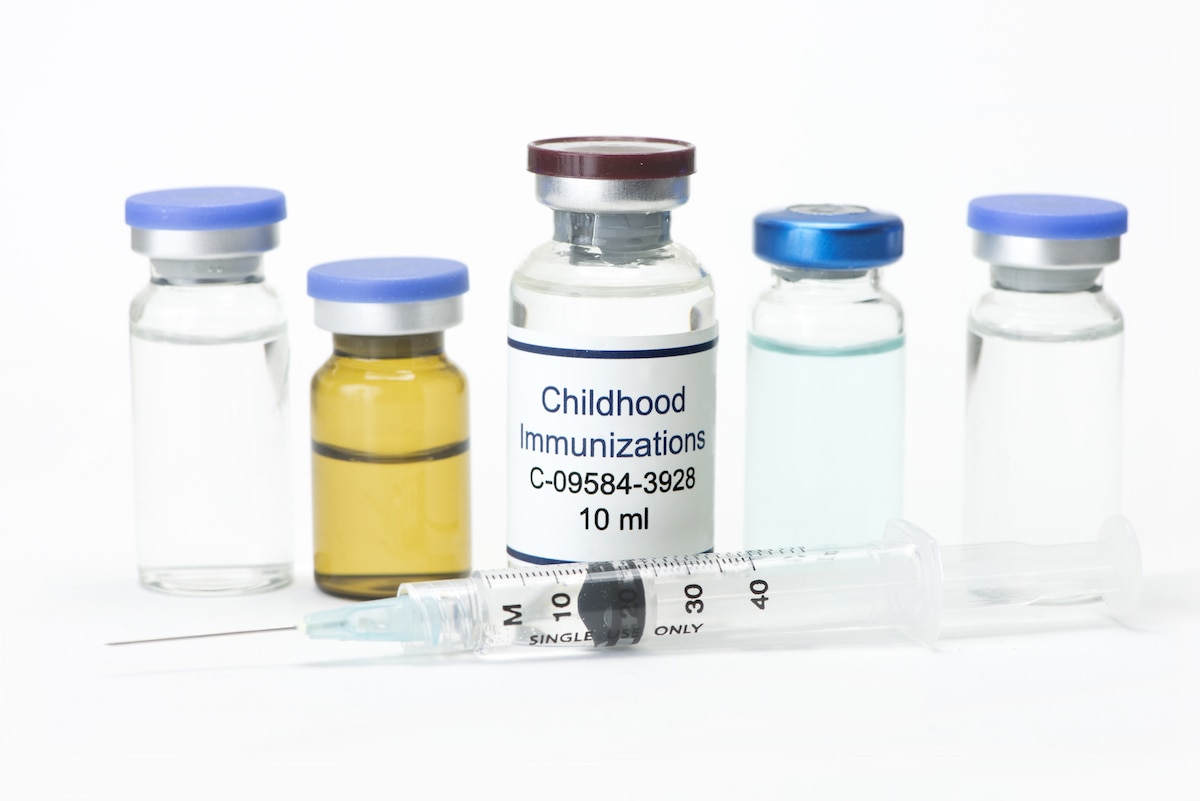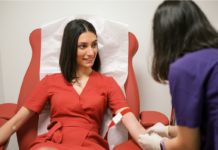
The United States is in the midst of a widespread flu outbreak and public health officials urge you to take precautions. Flu shots are still available and are widely considered to be the most effective method of prevention. Although you can still get the flu if you’ve had the shot, healthcare providers say the shot helps minimize the symptoms.
READ 4 dead, hundreds hospitalized in Georgia due to flu
If you choose to vaccinate, choose the shot.
“The nasal spray flu vaccine should not be used during 2017-2018,” according to the Centers for Disease Control and Prevention (CDC) in Atlanta.
The CDC and Georgia Department of Public Health offer other measures that can be taken o help guard against and prevent the spread of flu:
Preventive measures
- Wash hands frequently and thoroughly with soap and warm water. Alcohol based gels are the next best thing if you don’t have access to soap and water.
- Cover your nose and mouth when coughing and sneezing to help prevent the spread of the flu. Use a tissue or cough or sneeze into the crook of your elbow or arm.
- Avoid touching your face as flu germs can get into the body through mucus membranes of the nose, mouth and eyes.
- If you are sick, stay home from school or work. Flu sufferers should be free of a fever, without the use of a fever reducer, for at least 24 hours before returning to school or work.
- If you are caring for a sick individual at home, keep them away from common areas of the house and other people as much as possible.
- If you have more than one bathroom, have the sick person use one and well people use the other.
- Clean the sick room and the bathroom once a day with household disinfectant.
- Thoroughly clean linens, eating utensils, and dishes used by the sick person before reusing.
If do contract the flu, there are things you can do to minimize its effects:
Symptoms and treatments
Flu symptoms and their intensity can vary from person to person, and can include fever, cough, sore throat, runny or stuffy nose, body aches, headache, chills and fatigue. If you think you have the flu, call or visit your doctor.
In some cases, healthcare providers may recommend the use of antivirals such as Tamiflu® or Relenza®. Antiviral drugs are prescription medicines (pills, liquid, an inhaled powder or an intravenous solution) that fight against the flu in your body. Antiviral drugs work best for treatment when they are started within two days of getting sick.
Antivirals are used to treat those at high-risk for flu complications – young children, the elderly, individuals with underlying medical conditions and women who are pregnant. Most otherwise-healthy people who get the flu, however, do not need to be treated with antiviral drugs, according to the Georgia Department of Public Health.







